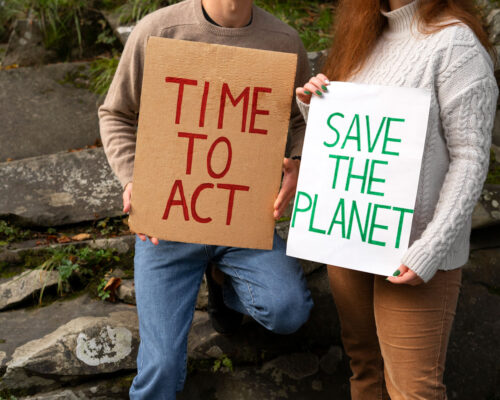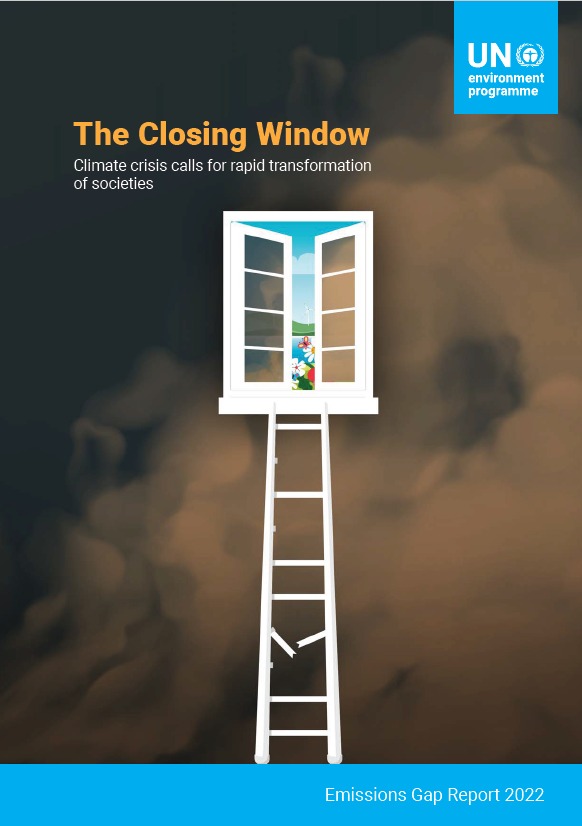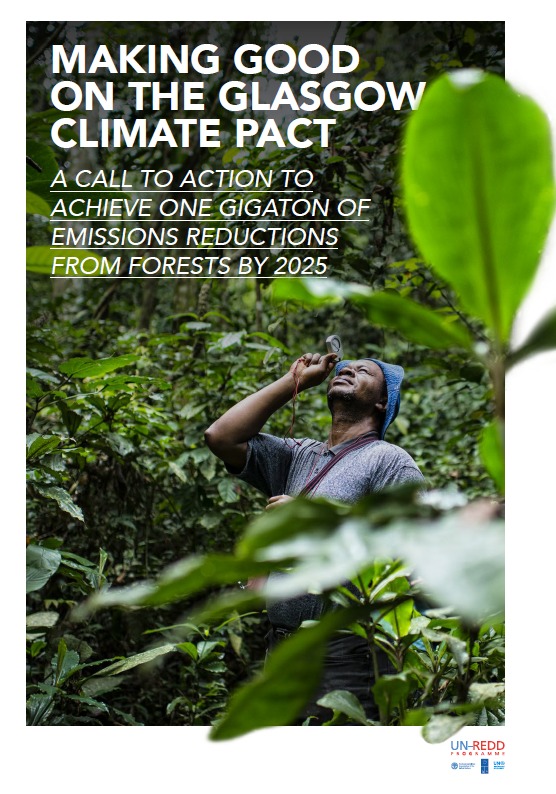
Climate Actions and Advocacy
What Is Climate Change?
Climate change refers to long-term shifts in temperatures and weather patterns. These shifts may be natural, such as through variations in the solar cycle. But since the 1800s, human activities have been the main driver of climate change, primarily due to burning fossil fuels like coal, oil and gas.
Burning fossil fuels generates greenhouse gas emissions that act like a blanket wrapped around the Earth, trapping the sun’s heat and raising temperatures.
Examples of greenhouse gas emissions that are causing climate change include carbon dioxide and methane. These come from using gasoline for driving a car or coal for heating a building, for example. Clearing land and forests can also release carbon dioxide. Landfills for garbage are a major source of methane emissions. Energy, industry, transport, buildings, agriculture and land use are among the main emitters.
Climate Actions
According to UNDP, climate action “means stepped-up efforts to reduce greenhouse gas emissions and strengthen resilience and adaptive capacity to climate-induced impacts, including: climate-related hazards in all countries; integrating climate change measures into national policies, strategies and planning; and improving education, awareness-raising and human and institutional capacity with respect to climate change mitigation, adaptation, impact reduction and early warning.” It requires mobilizing tens of billions US$ annually to address the needs of developing and developed countries in moving towards a low-carbon economy and building resilience and adaptation.

The Paris Agreement
Central to climate action is the Paris Agreement. The Paris Agreement builds off of the United Nations Framework Convention on Climate Change (UNFCCC) and, for the first time brings all nations together into a common cause to undertake ambitious efforts to combat climate change and adapt to its effects. Learn more about the Paris Agreement.
Meanwhile, at the heart of the Paris Agreement are the nationally determined contributions (NDCs) that embody efforts by each country to reduce national emissions and adapt to the impacts of climate change. For more information on the NDCs, see here.
The Sustainable Development Goals (SDGs)
Working in tandem with the Paris Agreement are the SDGs which are mutually reinforcing. The SDGs are a collection of 17 thematic and cross-cutting development goals, containing 169 targets, set by the United Nations General Assembly in 2015. They are part of Resolution 70/1 of the United Nations General Assembly “Transforming our World: the 2030 Agenda for Sustainable Development.” Within each SDG are aspects of the three dimensions of sustainable development: the environmental, economic, and social dimensions.
Megabri Consultancy Services offering
We offer expanded solutions to help you meet your net-zero commitments and integrate climate considerations into global equity portfolios. The Megabri Consultancy Services Climate Action are designed to help institutional investors seeking to invest for the transition and finance companies’ emissions reduction to drive change in the real economy.
Financial and investment firms can provide essential support and capital to companies, technologies and business models decarbonizing the global economy. The range of global equity indexes includes companies in each sector taking concrete steps to reduce their carbon emissions and reimagine their businesses for a net-zero world.
Role of youth in climate action advocacy
More and more young people become active climate action advocates locally, nationally, and internationally. As COP26 recently happened in Glasgow, thousands of young people participated and advocated for urgent actions to prevent the climate crisis. Advocating for climate change prevention means to publicly support (advocate) the sustainable use of resources and for the actions to address climate change in local communities, on governmental levels such as policy writing. Today, 3 young people who are passionate about SDG13 (Climate Action) will introduce themselves, share the activities that they have participated in regarding climate action, tell what challenges they have encountered in advocating climate action, and mention their view on the role of youth in climate action advocacy.
The role of youth in climate action advocacy is important and impactful. Hearing the stories of three young people coming from different countries, backgrounds, communities that are focused on creating change and are active climate action advocates on local, national, and international levels are inspiring. That is why it is so crucial to support them in their journeys as they face challenges and try to deal with them. Most importantly, they all agree that youth that advocate for climate action has a lot to offer and it is only a beginning.


